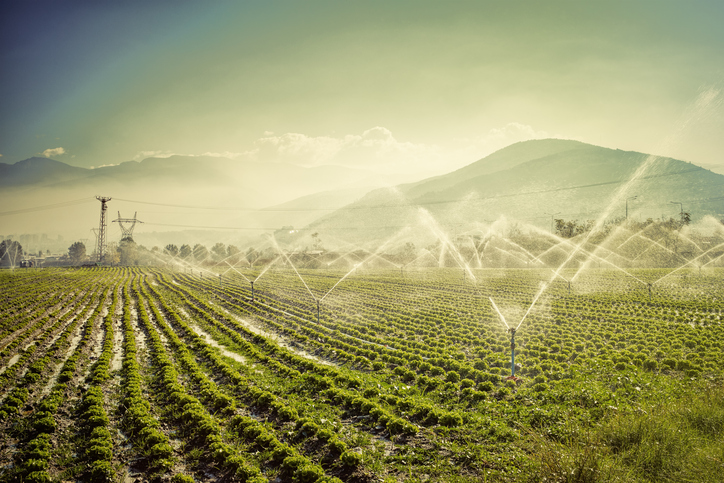Mr. Robert Ibarra Commodity Credit Corporation United States Department of Agriculture
Submitted via Regulations.gov RE: Docket ID: USDA-2021-0010, “Climate-Smart Agriculture and Forestry Partnership Program”
Mr. Ibarra:
We at The Heartland Institute strongly object to the Commodity Credit Corporation’s (CCC) attempt to create a so-called “The Climate-Smart Agriculture and Forestry Partnership Program,” (hereafter Climate-Smart) under the authority of the Commodity Credit Corporation Charter Act of 1933 (15 U.S.C. 714 Section 5(e).” This program is contrary to the plain letter of the law.
The agency is not charged in its charter to create such a program. Nor did Congress delegate to the Department of Agriculture or the Commodity Credit Corporation (CCC) the authority to create or fund such a program through an existing law.
Although the Agriculture Secretary, under section 5 of the Charter Act, has broad discretionary power to use the CCC in support of U.S. agriculture, this authority is not without its limits and Congress has specifically limited CCC spending to “[c]arry out conservation or environmental programs authorized by law.” Congress has passed no law creating or funding Climate-Smart. Based on this language, Section 5 does not authorize Climate-Smart program because Congress has not passed legislation creating or authorizing it.
The CCC argues Climate Smart could be authorized under 5(e), a provision allowing the CCC to “[i]ncrease the domestic consumption of agricultural commodities (other than tobacco) by expanding or aiding in the expansion of domestic markets or by developing or aiding in the development of new and additional markets, marketing facilities, and uses for such commodities.” However, since there is no actual “commodity,” referred to in the Climate Smart program, 5(e) can’t be used as a cover for authorizing the program either. Rather than promoting a commodity, CCC is trying to bribe farmers into farming or implementing conservation programs on their lands in a manner current CCC management would prefer, to meet the Biden administration’s climate policy goals. This program does nothing to expand food production, advance farmers’ interests, or increase the supply of nutritious food to the general public.
To conclude, as is amply shown in the Non-Governmental Panel on Climate Change “Climate Change Reconsidered” series of scientific reports, there is no climate crisis. The Earth’s modest recent warming does not pose a threat to human civilization or environmental destruction. Even if it did, however, Congress, as the representatives of the American people, not the Agriculture Department and the CCC, is the appropriate forum to address the problem. The CCC should not attempt to get administration policy in through the back door simply because Congress has refused to act on the climate issue as the Biden administration would have it do.
Sincerely,
H. Sterling Burnett, Ph.D. Senior Fellow and Managing Editor of Environment & Climate News The Heartland Institute hsburnett@heartland.org (214) 909-2368
